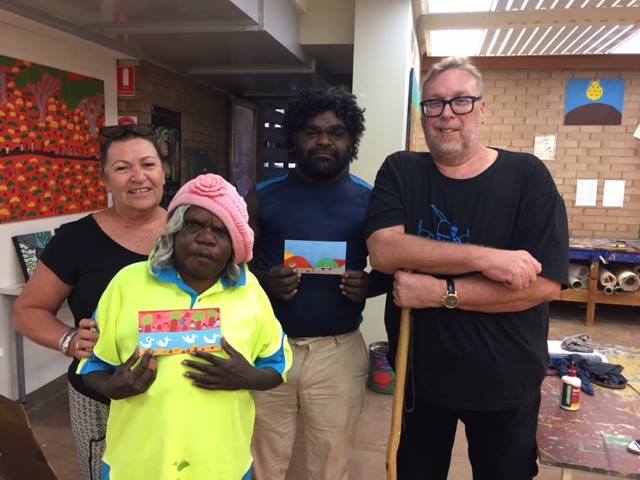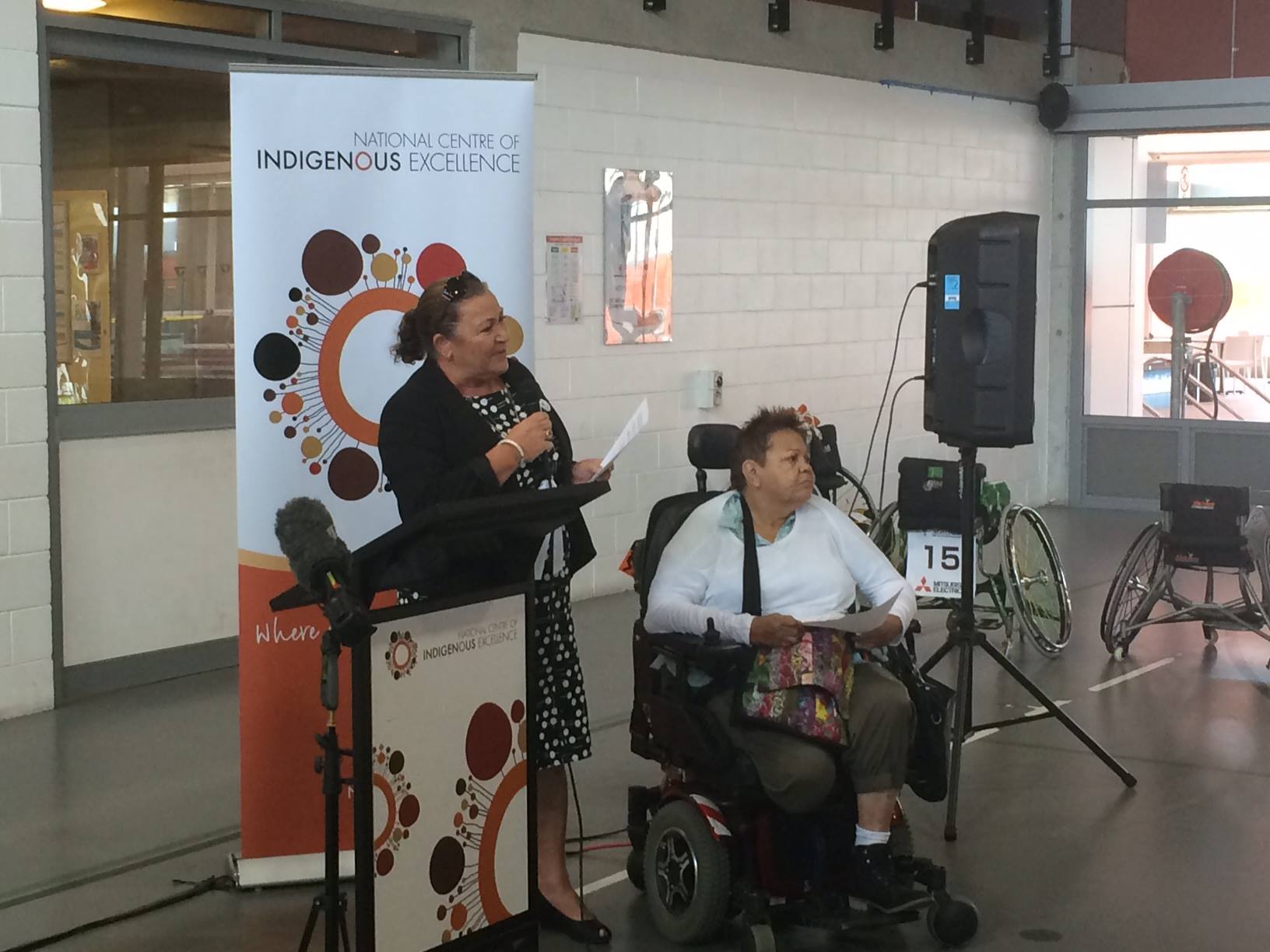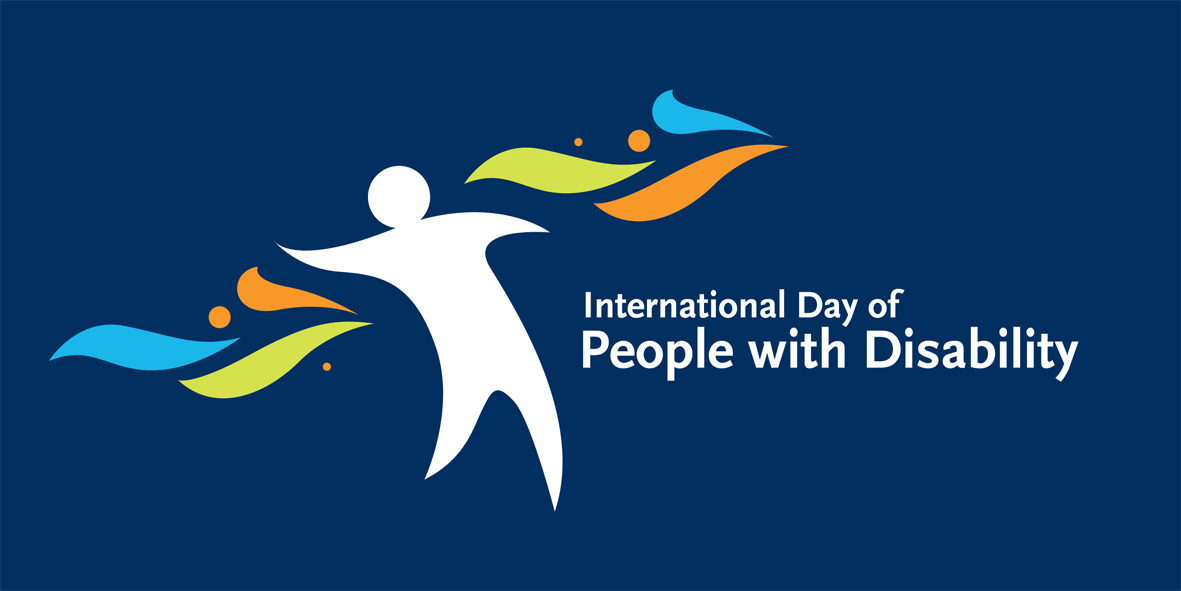Advocating for Australia on IDPWD

International Day of People with Disabilities (IDPWD) is a unique occasion to recognise and celebrate the accomplishments and contributions of people living with disability.
It’s also an opportunity to raise greater understanding and acceptance of health-impaired people, and to promote awareness of how to help create diverse and accepting communities.
The theme for this year’s IDPWD is "The Future is Accessible" and for June Riemer, the Deputy Chief Executive Officer of the First People’s Disability Network (FPDN), accessibility isn’t just about things like having access to buildings without stairs; it’s about treating everyone equally.
“I think, for us as an organisation, accessibility means everyone is eligible to come through the front door,” June says. “If you think about access, you think about an environment where people can move in that space. But we need to think about the bigger environment – we’re talking about human rights.
“When I talk about access I think about how it doesn’t matter where you live in this country, you should have the same rights as everyone else. And if that means the right to housing and water, or any other infrastructure supports, they should be just there wherever you live in this big wide land.”
Advocating for Australia
The FPDN is a national organisation that proactively advocates for Australia’s First Peoples with disability, their families and surrounding communities.
The FPDN works for the recognition and support of First Peoples with disability and their families, giving a voice to the concerns and needs of some of the most seriously disadvantaged members of the Australian community.
Working within a social model of disability, in which ‘disability’ is the outcome of barricades to equal involvement in everyday society, the FPDN was born from the efforts of advocates to bring much-needed attention to the very specific needs of health-impaired indigenous people.
June says the biggest challenge for the network is helping people navigate a complicated support system, often when access to basic technology is severely limited.
“People having to learn another system, how to navigate another system, when they haven’t really got their head around what’s happening in their life already,” June says. “And if we don’t acknowledge a lot of people with disability come from a disadvantaged state in many areas of their life – whether that’s education or housing or other things that impact their life – these are the most vulnerable people that need further support.
“We need to remember this cohort of people need a lot of support to navigate systems that they didn’t design – it’s usually a non-disabled person who has designed the system – whether it’s education or transport or whatever, and then they’re supposed to just fit into that box.
“We need to be mindful of who the audience is that we’re working with, and that they may need a little bit more time to develop skillsets in whatever area they choose to be in.
“It’s a new way now of doing business. We really have to acknowledge our First Nations wherever they are in this land, wherever they live, and whatever supports they need in their life to compete or access to the same degree as everyone else. Why should someone living remotely not have access to the internet? These are the big burdens, that there’s an assumption that everyone is equal across Australia, but the more remote you go, the limitations are ten-fold.”

Understanding the challenges
International Day of People with Disabilities states that disability is not a person’s defining feature. All people have differing health impairments at various times in their lives but the difference for most people is that their health impairment doesn’t prevent them from functioning in their day-to-day lives, being included or participating in their community.
June says it’s important for people to understand and be aware of the challenges facing health-impaired First People.
“There’s an assumption that Aboriginal people can’t look after themselves in regard to self-managing (care) plans,” June says. “We need to move forward and look at everyone as an individual and have that conversation that there is capacity there. We would say that Aboriginal people are the one of the most resilient groups of people in Australia today. We’ve survived everything that’s been thrown at us.
“Making people aware that there is a disadvantaged and vulnerable group of Australians who, through no fault of their own, are currently not equal when it comes to accessing services or other requirements in their life. We need to support these groups moving forward; if you look at the fires in NSW, I worry about people with disabilities. Are they losing equipment? Are they losing the only home they’ve ever known? “There is so much more work to be done so we’ll keep being that strong voice for the most vulnerable people.”


